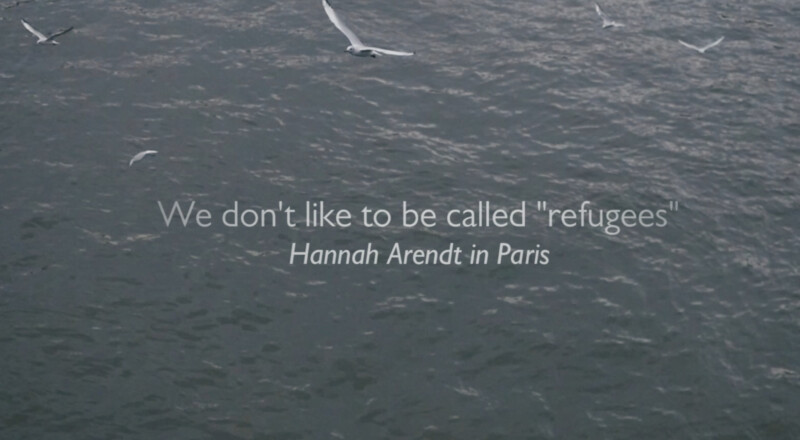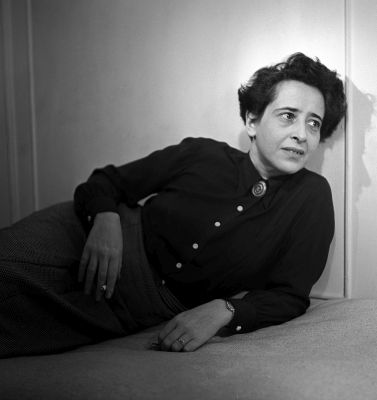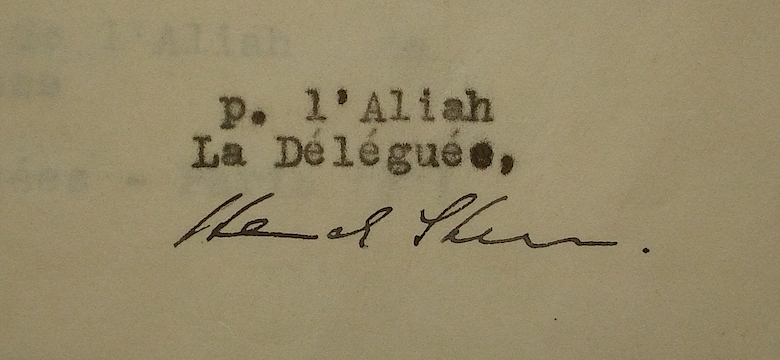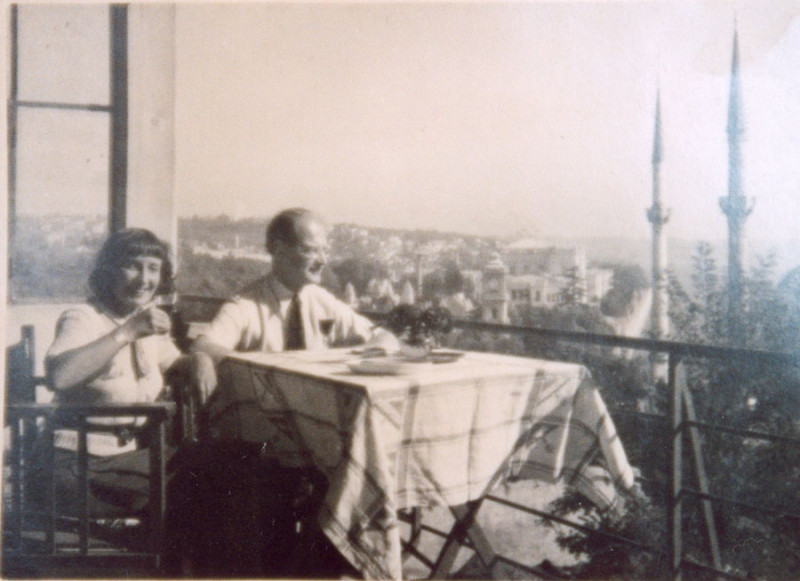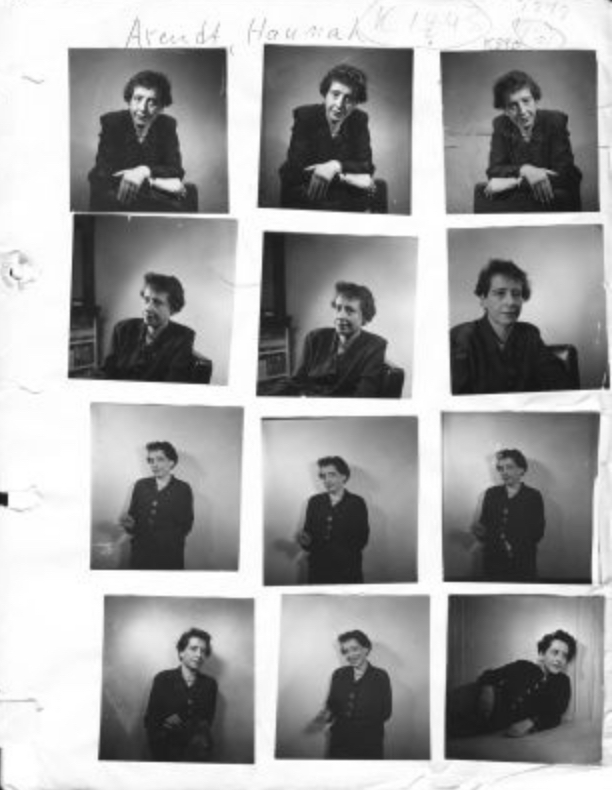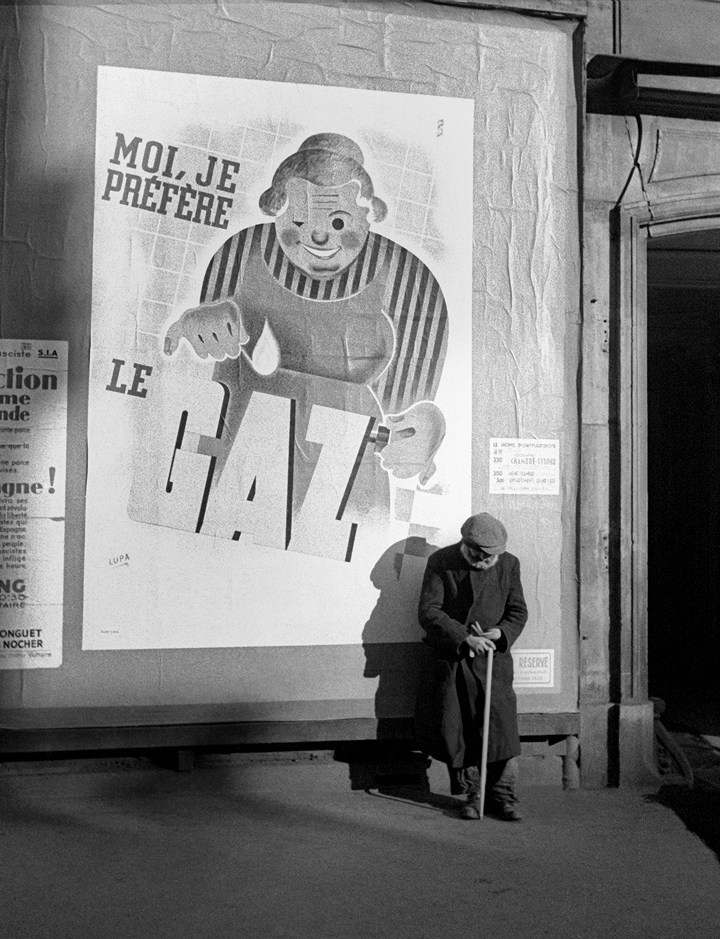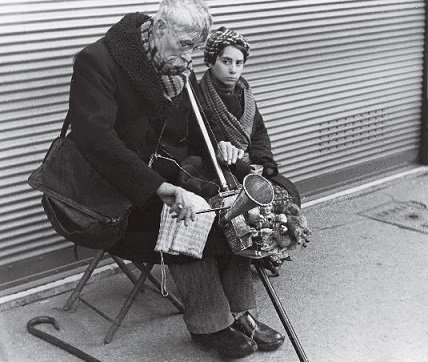Je me souviens très bien du voyage pour la France qui a duré trois jours et a été épique (apoteosico). Nous avions d’abord dû aller à Caballeria de Navalmoral pour faire des photos pour le passeport. Nous avons voyagé tous les quatre avec une autre famille qui avait cinq enfants. Nous voyagions en troisième classe, avec des sièges en bois. Nous sommes partis un soir de Navalmoral et sommes arrivés le lendemain matin vers l0 h à Madrid. Là nous avons dû attendre le train pour lrun toute la journée à la Estacion del Norte. Ici, au village, il n’y avait pas de WC, on faisait nos besoins dans l’écurie (corral) et on ne portait pas de culotte ; ma mère m’a dit d’aller au “ retrete ” en face de la gare et m’a donné “ una perra gorda ” (10 c. de peseta) car c’était payant ; je n’ai pas osé faire caca car j’avais peur de salir tout ce blanc. Pour le voyage, mon père nous avait recommandé, si on nous parlait en français, de répondre : “ No compro pan. ” [Littéralement “ Je n’achète pas de pain ” mais qui s’entend “ Ne comprends pas. ”]
I remember very well the trip to France, which lasted three days and was epic. First we had to go to the Caballeria de Navalmoral to take pictures for the passport. The four of us traveled with another family who had five children. We traveled in third class, with wooden seats. We left Navalmoral one evening and arrived in Madrid the next morning around 10:00 am. There we had to wait all day for the train at the North Station [“at the Estacion del Norte”]. Here in the village there were no toilets, we had to relieve ourselves in the cattle yard and we didn’t wear underpants; my mother told me to go to the toilet [“retrete”] opposite the station and gave me 10 cents [“una perra gorda” (10 c. de peseta)] because it was charged; I didn’t dare to shit because I was afraid of making all this white dirty. For the trip, my father had recommended that if we were addressed in French, we should answer: “No compro pan”. [Literally: “I don’t buy bread”, which sounds like: “I don’t understand”].
In the first half of the 20th century, the so-called “Little Spain” emerged in the Parisian suburb of La Plaine Saint-Denis. In 1931, Spaniards made up the largest migrant community in La Plaine Saint-Denis with 4.5 percent of the total population.
Various Spanish migrants had settled in Saint-Denis, Saint-Ouen and Aubervilliers in the course of three distinct migratory movements. So-called “economic migrants” shaped the decade of the 1920s. After the uprising in Asturias was crushed at the end of 1934, political refugees in particular began to arrive in the Parisian suburbs, and their number rose to about 1.5 million by 1950 after the defeat of the Republican camp in 1939. Another generation of Spanish “economic migrants” followed between 1955 and 1970.
The connection back to Spain remained intact for many even after their migration. For example, when the Civil War raged in Spain, some ethnic Spanish men aged 18 to 46 left the Plaine Saint-Denis to return to Spain to fight in the Republican camp. Those who stayed in “Little Spain” organized support networks for communists or anarchists.
The reception experience for Spanish migrants differed according to the French migration regime. The latter in turn changed with the economic and political situation in France but exclusion and discrimination dominated the lives of many no matter when they arrived. For example, when, in early 1939, Spanish republican refugees from the Civil War exited for France, many of whom migrating to Paris and the surrounding areas, it became all too obvious that France had changed from a country of refugees to a country of forced transit. For although the French authorities had been very well prepared in the late 1930s to accept Spanish civil war refugees “humanely,” domestic, foreign policy and economic developments obviously spoke against this: immigration was to be severely restricted under the right-wing government of Édouard Daladier, making it more difficult for refugees to remain in France.
Extract from the interview with Mrs. Isabel Alonso Martin, conducted by Natacha Lillo, lecturer in Spanish civilization at the University of Paris-Diderot (Paris 7), on July 22, 1998 in Talaveruela de la Vera.
Natacha Lillo, La Petite Espagne de la Plaine Saint-Denis (Paris: Autrement, 2004).
